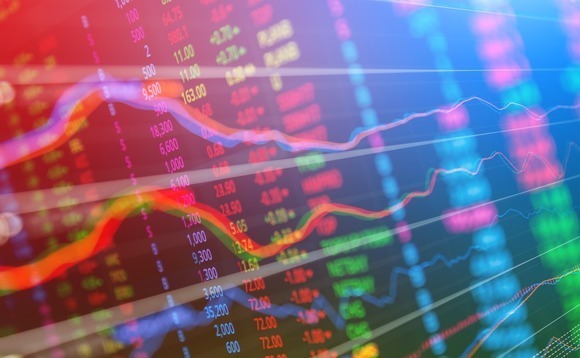
China launches Beijing Stock Exchange

China has set up its first new bourse since the Shanghai and Shenzhen exchanges in 1990. Beijing Stock Exchange is expected to facilitate exits for small to medium-sized enterprises (SMEs).
Only one day after President Xi Jinping announced its establishment, Beijing Stock Exchange completed its registration, with National Equities Exchange and Quotations (NEEQ) as the only shareholder. Ming Xu, chairman of NEEQ, is the legal representative and chairman of the new exchange.
Beijing Stock Exchange will initially draw from stocks already traded in the select section of the NEEQ, also known as New Third Board, according to a statement. NEEQ has three layers of companies; there are 66 in the top layer called select, 1,250 in the innovation layer, and 5,988 in the entry-level basic layer.
All the 66 select companies will migrate to Beijing Stock Exchange, with the issuance price not less than 80% of the market value.
Innovation companies listed in NEEQ for more than one year can apply to list on Beijing Stock Exchange. They need a minimum market cap of RMB200 million ($31 million) and a net profit of RMB25 million. Those yet to make any profit need a minimum market cap of between RMB400 million and RMB1.5 billion.
There will be no price limit on the debut trading day. After that, there will be a 30% daily limit for the price rise or fall.
The launch date has not been announced yet. Regulators are collecting public comments on rules until September 22. NEEQ has released three sets of consultation papers about the proposed listing rules, trading requirements, and governance of the listed companies on the exchange.
In the future, Beijing Stock Exchange will introduce a registration-based listing system as did the Shanghai Stock Exchange Science and Technology Innovation Board, or Star Market, which launched in 2019. However, stricter screening on listing candidates has contributed to Star Market losing IPO momentum since the end of last year.
There are concerns that private equity and venture capital investors will be reluctant to back companies in this environment. But regulators have suggested the hesitancy could be offset by the important role that SMEs play in China's supply chains and manufacturing chains.
"What is the general trend? It is to reduce the profit and monopoly of real estate, finance, education, internet, reduce the long-term squeeze and cost on people's livelihood and the real economy caused by such sectors," economist Zeping Ren said last month, although not in direct reference to Beijing Stock Exchange.
"We will vigorously develop manufacturing, hard technology, new energy... The big change that has not been seen in a century is also a big opportunity that has not been seen in a century. It is very important to see this general trend clearly."
Latest News
Asian GPs slow implementation of ESG policies - survey
Asia-based private equity firms are assigning more dedicated resources to environment, social, and governance (ESG) programmes, but policy changes have slowed in the past 12 months, in part due to concerns raised internally and by LPs, according to a...
Singapore fintech start-up LXA gets $10m seed round
New Enterprise Associates (NEA) has led a USD 10m seed round for Singapore’s LXA, a financial technology start-up launched by a former Asia senior executive at The Blackstone Group.
India's InCred announces $60m round, claims unicorn status
Indian non-bank lender InCred Financial Services said it has received INR 5bn (USD 60m) at a valuation of at least USD 1bn from unnamed investors including “a global private equity fund.”
Insight leads $50m round for Australia's Roller
Insight Partners has led a USD 50m round for Australia’s Roller, a venue management software provider specializing in family fun parks.








